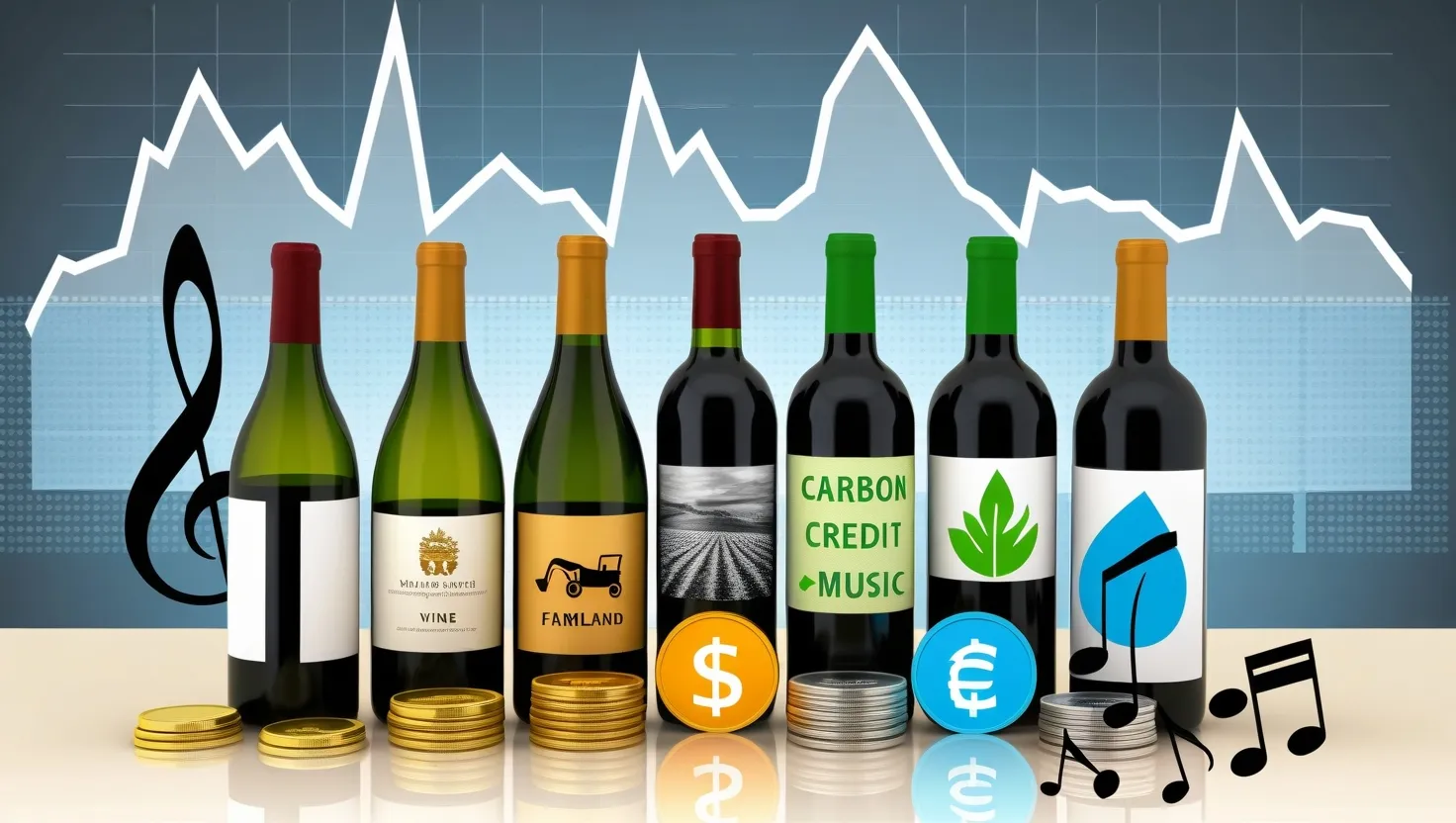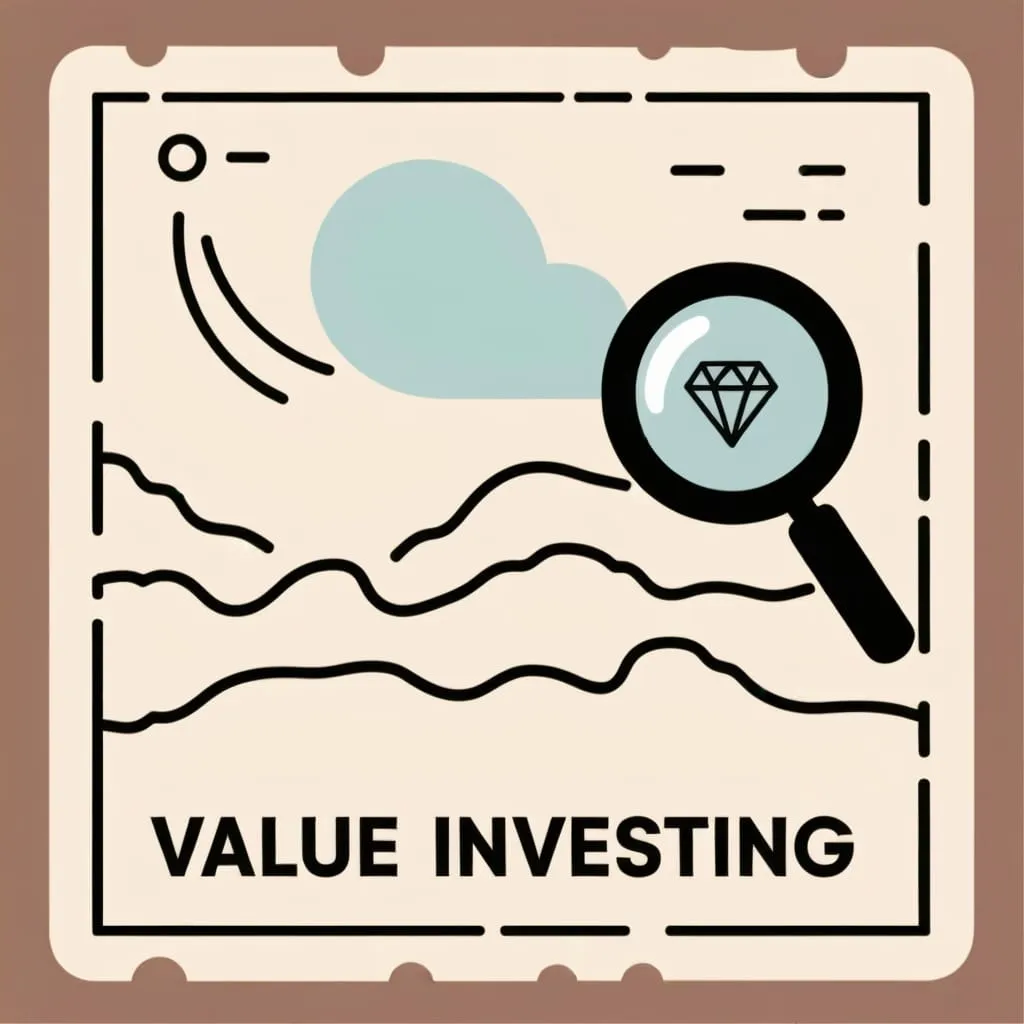In the ever-changing landscape of economics, inflation can be a silent thief, eroding the value of our hard-earned money over time. While traditional investment strategies often focus on stocks, bonds, and real estate, there are several unconventional methods that can help you safeguard your wealth against the insidious effects of inflation.
The Vintage Appeal of Fine Wine and Spirits
Imagine sipping on a glass of fine wine, not just for its exquisite taste, but also as a savvy investment move. Fine wine and spirits have emerged as intriguing inflation hedges, particularly for those with a penchant for the finer things in life. The key to this strategy lies in researching and investing in rare and high-quality vintages that appreciate over time.
For instance, certain Bordeaux wines from exceptional vintages can increase in value significantly as they age. This is partly due to their limited supply and the growing demand from connoisseurs and collectors. However, it’s crucial to approach this investment with a long-term perspective, as the value of fine wine can fluctuate. Additionally, consider the costs associated with storing and maintaining these delicate assets, such as climate-controlled cellars and insurance.
The Fertile Grounds of Farmland
Farmland, often overlooked as an investment opportunity, offers a unique blend of stability and growth potential. Investing in farmland can be as straightforward as purchasing a plot of land or as complex as investing in a farmland fund. The appeal of farmland lies in its ability to generate passive income through leasing to farmers, as well as its inherent value as a tangible asset.
Leasing farmland can provide a steady stream of income that is often tied to inflation, as crop prices and rents tend to rise with the cost of living. Moreover, farmland values historically outpace inflation rates, making it a robust hedge against economic uncertainty. The process involves identifying fertile land with high agricultural potential, negotiating lease agreements, and ensuring the land is managed efficiently to maximize returns.
The Collectible World of Rare Coins and Stamps
For those who find joy in the hunt for rare and unique items, collecting coins or stamps can be both a hobby and a shrewd investment. These collectibles have a history of appreciating in value over time, particularly if they are scarce and in high demand.
The scarcity of certain coins and stamps is a significant factor in their value. For example, rare stamps that are in excellent condition and have a limited supply can see their values skyrocket as more collectors enter the market. Similarly, coins with historical significance or those that are no longer in circulation can become highly valuable. The challenge lies in identifying undervalued collectibles with growth potential, which often requires a deep understanding of the market and a keen eye for detail.
The Green Gold of Carbon Credits
In an era where environmental sustainability is at the forefront of global discourse, investing in carbon credits has become an innovative way to hedge against inflation. Carbon credits represent the right to emit a certain amount of greenhouse gases and are traded on various markets.
The value of carbon credits can rise as governments implement stricter emissions regulations and companies seek to offset their carbon footprint. The Inflation Reduction Act, for instance, has significantly boosted the carbon capture industry by increasing subsidies for capturing CO2, making smaller projects more viable. This not only supports environmental goals but also provides investors with a unique opportunity to diversify their portfolios and protect against inflation.
The Intellectual Wealth of Royalties
Royalties from intellectual property, such as patents, copyrights, and trademarks, offer a fascinating avenue for inflation hedging. These assets generate income through licensing agreements and can appreciate in value over time as the underlying intellectual property becomes more valuable.
Investing in royalties involves identifying valuable intellectual property with long-term potential. For example, purchasing royalties from a successful song or a patented technology can provide a steady stream of income that is less susceptible to market volatility. The key is to assess the market demand for the intellectual property and the potential for future growth, ensuring that the royalties continue to generate income that keeps pace with or exceeds inflation.
Diversification and Practical Considerations
While these unconventional strategies offer compelling ways to hedge against inflation, it’s essential to approach them with a well-rounded investment mindset. Diversifying your portfolio across multiple asset classes is crucial to mitigating risk and maximizing returns.
For physical assets like fine wine, farmland, and collectibles, consider the storage and maintenance costs. These can add up over time and impact your overall returns. Regularly assessing the performance of these investments against traditional inflation hedges, such as real estate or bonds, can also help you make informed decisions and adjust your strategy as needed.
In conclusion, hedging against inflation doesn’t have to be confined to traditional investment vehicles. By exploring unconventional avenues such as fine wine, farmland, rare coins and stamps, carbon credits, and intellectual property royalties, you can build a resilient portfolio that not only protects your wealth but also offers unique opportunities for growth. Whether you’re a seasoned investor or just starting out, these strategies can add a layer of sophistication and diversity to your financial planning, helping you navigate the complexities of an inflationary economy with confidence.






